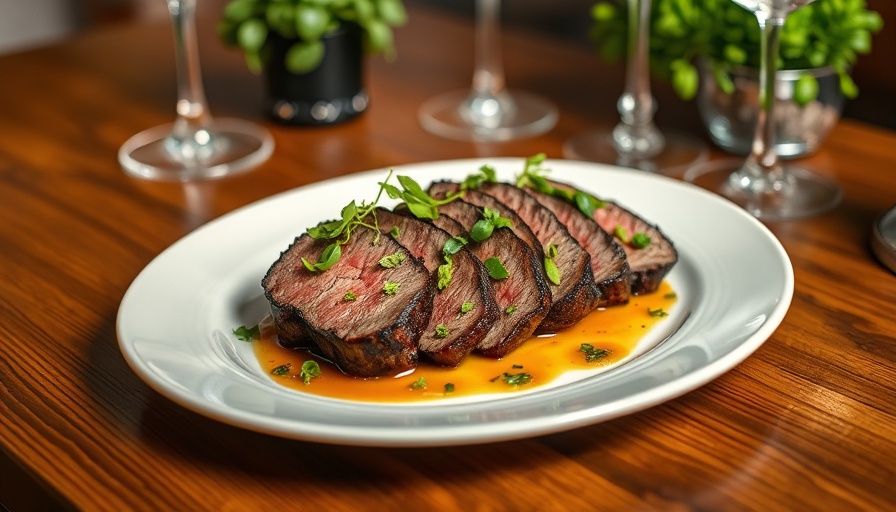
Understanding Emotional Eating: Why It Happens
Stress eating is more than just a habit; it’s a complex behavior rooted in our emotional states. It's something many people can relate to, as the pressures of modern life can leave anyone feeling overwhelmed. Recognizing this connection between emotions and eating is the first step to addressing the issue. While some might think emotional eating is a signal of weakness, it's often a coping mechanism that individuals resort to when dealing with stress, loneliness, or boredom.
Pause and Reflect: The Power of Noticing Your Triggers
The act of noticing and naming your emotions when you feel the urge to snack can be transformative. This simple practice allows you to acknowledge what you are feeling—be it stress, exhaustion, or just the rhythm of daily life. For instance, saying out loud, "I am stressed after a difficult meeting; I want to reach for chips," cultivates awareness. Some clients have found this acknowledgment enough to change their impulse to eat, making subsequent choices more intentional.
Creating a Nourishment Menu: Your Personal Self-Care Playbook
Another powerful strategy against emotional eating is developing a nourishment menu. This list should include various activities that help you recharge. Items like reading a book, taking a short walk, or practicing yoga can effectively substitute your urge to snack when feeling stressed. Proactively caring for your emotional and physical needs can lessen the likelihood of turning to food for comfort.
Exceeding Diet and Exercise Disciplines: Why Self-Care Matters
Merely relying on discipline often leads to burnout. Individuals like my coaching client Mark shared their experiences, expressing feelings of exhaustion by day’s end. Instead of resorting to mindless snacking, investing time into self-care made a significant difference in their eating habits. Recognizing that these moments of self-care were crucial led to more sustainable lifestyle changes.
Find Your Balance: Integrating Flexibility and Mindfulness
Healthy living isn’t just about stringent diets or workout regimes; it’s also about striking a balance. Incorporating flexibility not only in workouts but also in mental health practices can elevate your well-being. Whether you’re practicing how to improve flexibility with daily stretching routines, doing effective HIIT workouts for fat loss, or trying yoga poses to alleviate lower back pain, remember to check in with your emotions throughout. Being mindful during these activities can foster an added layer of awareness that helps in reducing emotional eating.
Looking Ahead: Lessons Learned for a Healthier Future
In your journey to tackle emotional eating, remember that it’s a process. Identifying triggers, actively engaging in self-care, and cultivating healthier habits can transform not just your relationship with food but with yourself too. If emotional eating feels overwhelming, seeking guidance from a registered dietitian or mental health professional can be incredibly beneficial—this partnership is often the key to addressing deeper psychological patterns.
Conclusion: Embrace Your Journey with Support
As you navigate your relationship with food, consider adopting these practices as part of your routine. Remember, you’re not alone in this journey. By integrating mindfulness, self-care, and actionable strategies, you can take significant steps toward healthier habits and overall wellness. If you're eager to explore further, connect with a health coach or a therapist who can provide individualized support tailored to your experiences.
 Add Row
Add Row  Add
Add 




Write A Comment